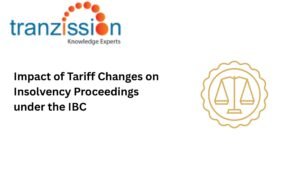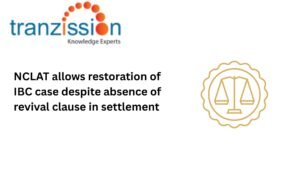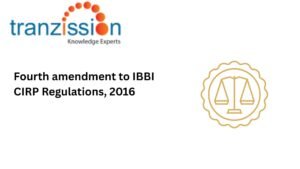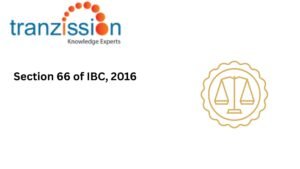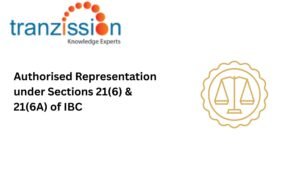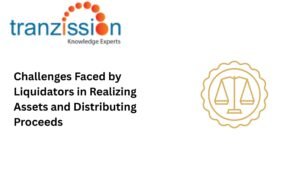
Concept of Debt and Default under IBC
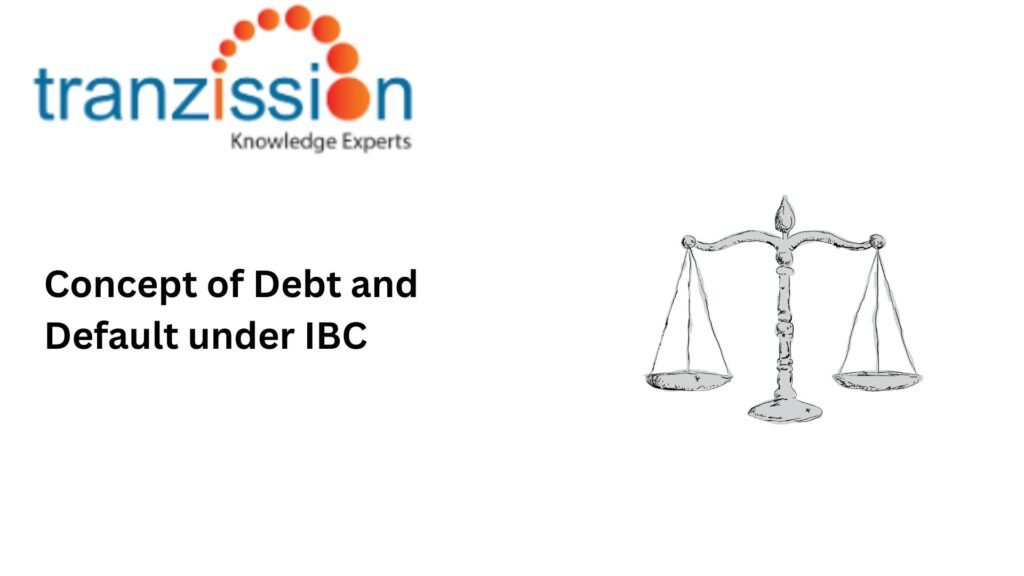
Table of Contents
Section 3(12) of the IBC defines ‘Default under IBC’ as the non-payment of debt when whole or any part or installment of the amount of debt has become due and payable and is not paid by the debtor or the corporate debtor, as the case may be.
As per section 3(11) of the IBC, “debt” means a liability or obligation in respect of a claim which is due from any person and includes a financial debt and operational debt:
Financial debt is defined under sections 5(8) as a debt along with interest, if any, which is disbursed against the consideration for the time value of money and includes
(a) money borrowed against the payment of interest;
(b) any amount raised by acceptance under any acceptance credit facility or its dematerialised equivalent;
(c) any amount raised pursuant to any note purchase facility or the issue of bonds, notes, debentures, loan stock or any similar instrument;
(d) the amount of any liability in respect of any lease or hire purchase contract which is deemed as a finance or capital lease under the Indian Accounting Standards or such other accounting standards as may be prescribed;
(e) receivables sold or discounted other than any receivables sold on non-recourse basis;
(f) any amount raised under any other transaction, including any forward sale or purchase agreement, having the commercial effect of a borrowing.
Section 5 (21) defines “operational debt” means a claim in respect of the provision of goods or services including employment or a debt in respect of the 2 [payment] of dues arising under any law for the time being in force and payable to the Central Government, any State Government or any local authority.
Read more : Legal consequences of misrepresentation in insolvency petitions
Interplay Between Debt and Default under IBC
Debt is an obligation to repay a sum of money usually with interest, over a set period. Default under IBC occurs when this obligation is not met, meaning payment are not made according to the agreed upon terms. Default can have significant consequences, impacting both the individuals or entities in default and their creditors. Thus, the occurrence of a default in repayment of a debt is the trigger for initiating the Corporate Insolvency Resolution Process (CIRP) under the IBC . Creditors, whether financial or operational, can file an application before the National Company Law Tribunal (NCLT) for initiating CIRP upon default.
Practical Implications
For Creditors:
Creditors, in order to establish the CIRP, must establish both the existence of a debt and that the debtor is in Default under IBC of repaying it. The NCLT is required to verify these two conditions before admitting an application for the insolvency process.
Default under IBC For Debtors:
Debtors should be aware that defaults, even in part payments, can lead to insolvency proceedings. Further, they should know the consequences of not meeting their repayment obligations.
Default under IBC For Resolution Professionals:
RPs must identify and assess whether defaults have occurred on the claims, as the existence of a default is a prerequisite for initiating the insolvency process. This verification is vital for forming the Committee of Creditors and ensuring fair treatment of all creditors.
Conclusion
Defining and understanding “debt” and “Default under IBC” is crucial for all stakeholders, as it directly impacts the initiation, conduct, and outcome of all insolvency proceedings. Default triggers the insolvency process and influence the rights of creditors and the resolution process
.

